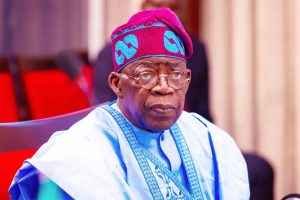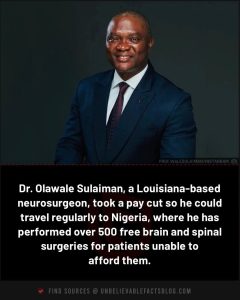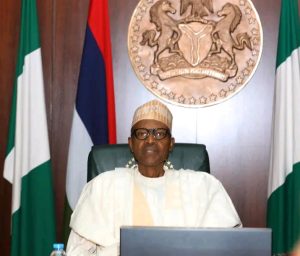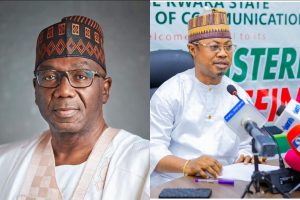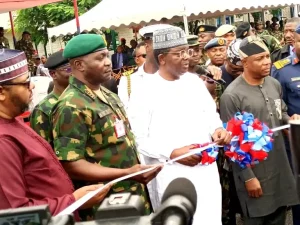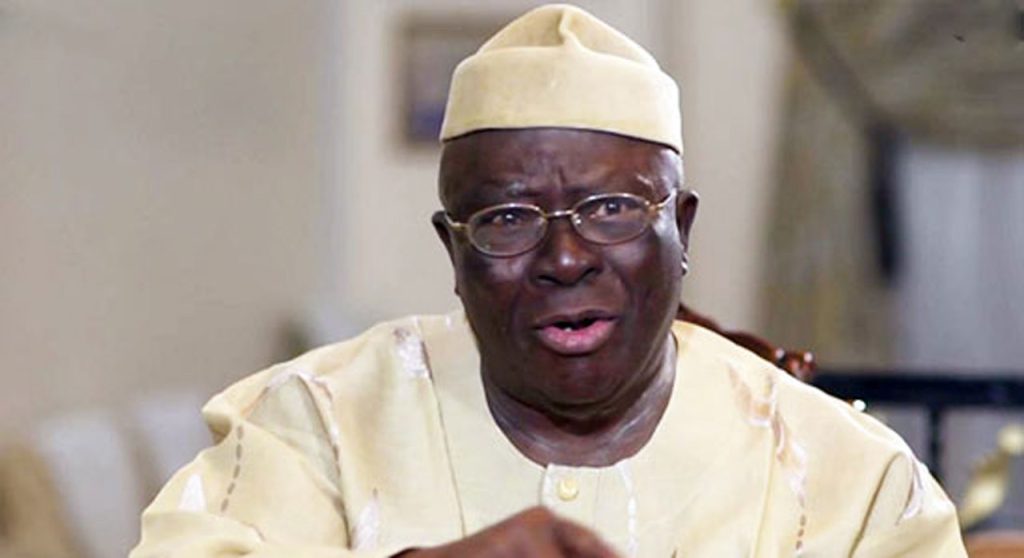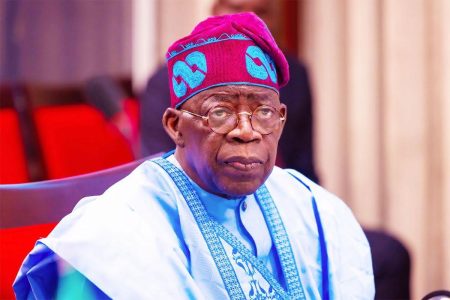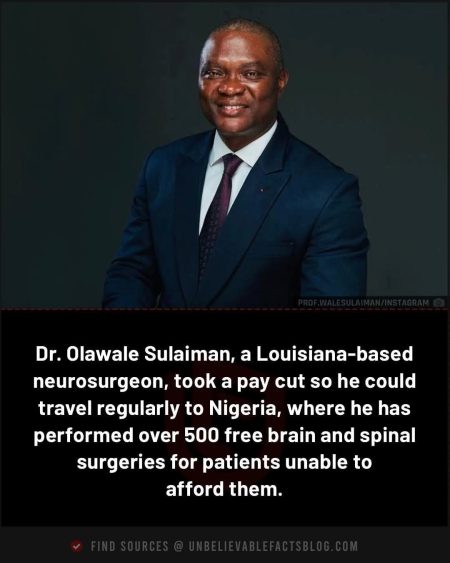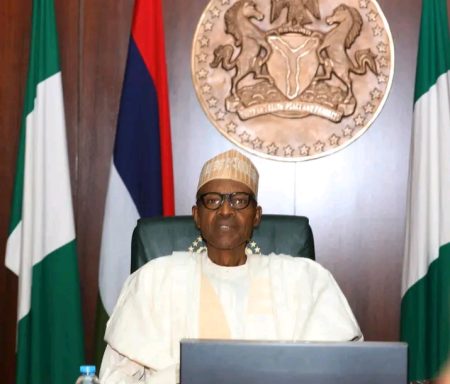President Bola Tinubu, former President Olusegun Obasanjo, and elder statesman Emeka Anyaoku were among prominent Nigerians who paid glowing tributes on Tuesday to the late Afenifere chieftain, Chief Ayo Adebanjo, who died on February 14, 2025, in Lagos.
The tribute session, which brought together key political and national figures, was held in honour of the late elder statesman, renowned for his steadfast advocacy for restructuring and true federalism in Nigeria.
Among the dignitaries in attendance were former governors Olusegun Osoba (Ogun), Aminu Tambuwal (Sokoto), Kayode Fayemi (Ekiti), Gbenga Daniel (Ogun), and Rauf Aregbesola (Osun), as well as the wife of Ogun State Governor, Bamidele Abiodun.
President Tinubu, in his tribute, described Adebanjo as a voice of reason whose regular interventions in national discourse greatly enriched Nigeria’s political landscape. He noted that Adebanjo’s absence would be deeply felt in the country’s quest for unity and progress.
Former President Obasanjo, represented by ex-Ogun State governor Ibikunle Amosun, eulogized Adebanjo as a great patriot and committed nationalist. He described the late leader’s passing as a significant loss to the nation, noting his enduring contributions to democratic development and Yoruba socio-political advancement.
Emeka Anyaoku, former Secretary-General of the Commonwealth, praised Adebanjo’s lifelong commitment to the principles of justice, equity, and federalism. He recalled Adebanjo’s role in promoting a new constitutional framework through his work with The Patriots, a group advocating for a truly inclusive and equitable Nigerian federation.
“Chief Adebanjo firmly believed that Nigeria’s diverse ethnic nationalities could coexist peacefully under a federal constitution that acknowledges and respects their unique identities,” Anyaoku said.
Adebanjo, a key figure in Afenifere and one of the last standing disciples of Chief Obafemi Awolowo, was widely respected for his unwavering dedication to national unity, democratic values, and principled politics, even in the face of personal sacrifice, including imprisonment during Nigeria’s post-Independence struggles.
The ceremony concluded with calls for the continuation of Adebanjo’s vision of a fairer Nigeria anchored on equity, justice, and restructuring.


